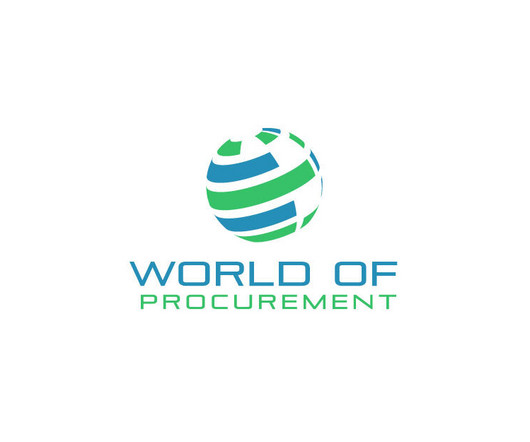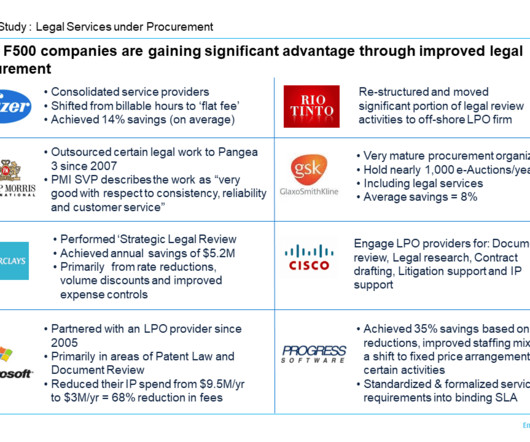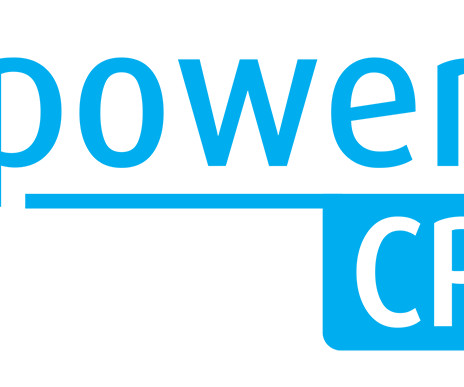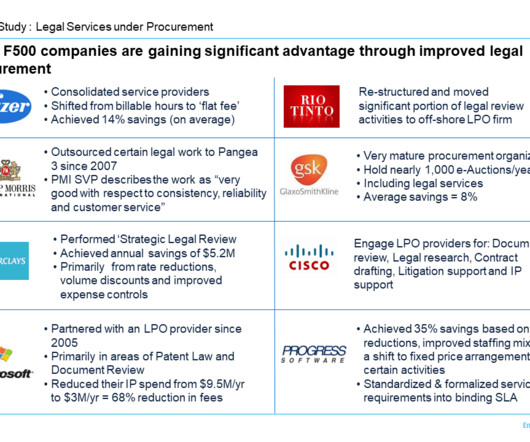Procurement 101: Your Essential Guide to Strategic Sourcing
World of Procurement blog
MAY 8, 2024
The procurement team manages the order, monitors quality, ensures on-time delivery, processes invoices, and handles any issues that arise during fulfillment. Common procurement metrics include spend under management, savings targets, supplier lead time reduction, procurement process efficiency gains, sustainability metrics and more.
















Let's personalize your content